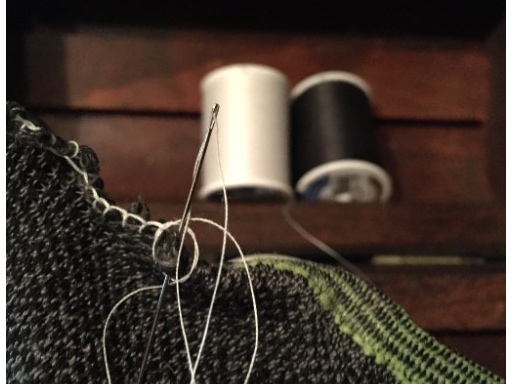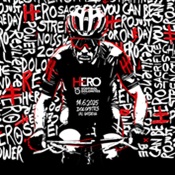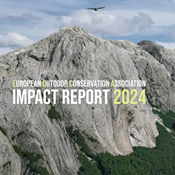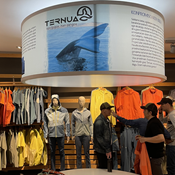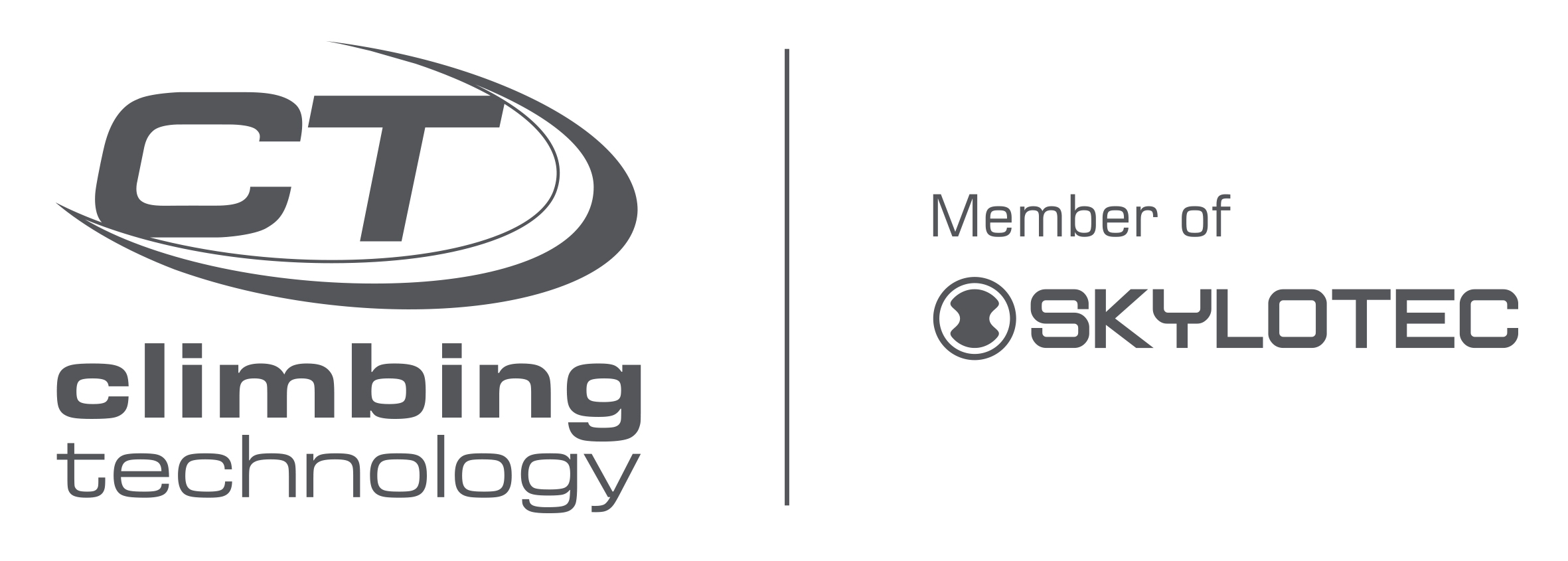Here’s why repairing a jacket instead of discarding it to buy a new one is a radical revolutionary act: an invitation by Rose Marcario, Patagonia’s CEO.
by Andrea Bianchi
The first thing, which may not be revolutionary but is certainly surprising, is that the person making the appeal we are reporting is the CEO of one of the most important outdoor apparel brands in the world, Patagonia.
The brand is well-known to all fans of life and adventures in natural surroundings, but not only. The business was founded by an equally legendary man, Yvon Chouinard who, after starting a small metal-working enterprise poured all his entrepreneurial skills into Patagonia, together with a sensitivity that did not underestimate the environmental impact of the products he made and sold throughout the world (story of Patagonia and its founder).
Chouinard was certainly a precursor: in his autobiography “Let My People Go Surfing” he tells of the immediate hands-on approach he used to develop Patagonia, making it an international company that was also a pioneer in attempting sustainable production processes and a quality lifestyle for his employees (the first American firm to have a company nursery). His more recent book “The Responsible Company“, not yet translated into Italian, is undoubtedly a more demanding read. It describes the detailed history of the company’s 40 years in business and the eco-sustainable philosophy that lies behind Patagonia.
We need to bear all this in mind to understand why today – at a time when the principle of undefined growth is the prevailing instrument for measuring economic success, in spite of increasingly global environmental and economic emergencies – the CEO of a multinational invites customers to re-use its products as much as possible, even repairing them over and again if necessary.
That’s just what Rose Marcario, Patagonia’s CEO, has done, making an appeal –published also on the corporate website – which invites us all to make a New Year good resolution to become radical environmentalists. The first move in this direction, she tells us, is to repair: starting with the clothes we wear, because if we make them last longer we “don’t have to buy new ones, thereby reducing our carbon footprint, rejects and waste, as well as the water consumption typical of production cycles in the textile industry”.
This is a real invitation, addressed first and foremost to owners of Patagonia products:
For the upcoming Christmas celebrations we have asked iFixit to give us a hand and have published on our website over 40 free guides to repairing Patagonia products. We have worked hard to offer our customers the opportunity to repair their clothing and gear themselves, and to give their unused garments to charity or sell them, or recycle them if necessary.
[…] We run the biggest repair facility in North America (with around 40,000 operations this year) and we have also trained our point of sale staff to manage simple repairs (thereby adding thousands of other operations).
Perhaps the most important concept of Marcario’s appeal is that it distinguishes owners from consumers:
There is a difference. Anyone who owns something is responsible for looking after it, adopting a series of precautions, such as suitable cleaning and repairs, re-use and sharing. Consumers, on the other hand, buy, use, throw away and then repeat the cycle: a vicious circle leading us to ecological disaster.
In conclusion, Marcario upholds that to truly revolutionise the world’s economic system and ensure that we survive the current problems of climate change, enterprises such as Patagonia have “a responsibility to continuously improve the quality of what we make so that we can claim the title and status of “owners”, making spare parts accessible when required and simplifying the repair process. We exalt the effort to repair things. We need to transform our customers into owners, and this will mean a landmark change of perspective”.
Environmental marketing? For Marcario – and Patagonia – it is “radical thinking”; for us in the world of communication, every day urged to talk about the fastest, the highest and the most numerous, it is without doubt a lone voice that’s worth listening to and extolling to see if it can be a new tune for the future and whether it really is true that “change can also start with just a needle and thread”.
To conclude, we like the idea of quoting the singer-songwriter couple Battisti-Mogol in their song “Keep on cruising”, which exhorts us to face our journey through life radically:
I’ve got a friend who’s a genius;
he knows exactly what to do,with his greasy hands
he’ll make it all like new.
Andrea Bianchi – MountainBlog.it


